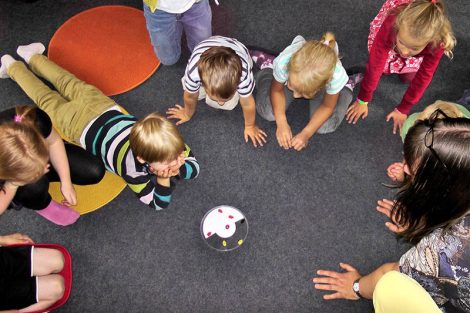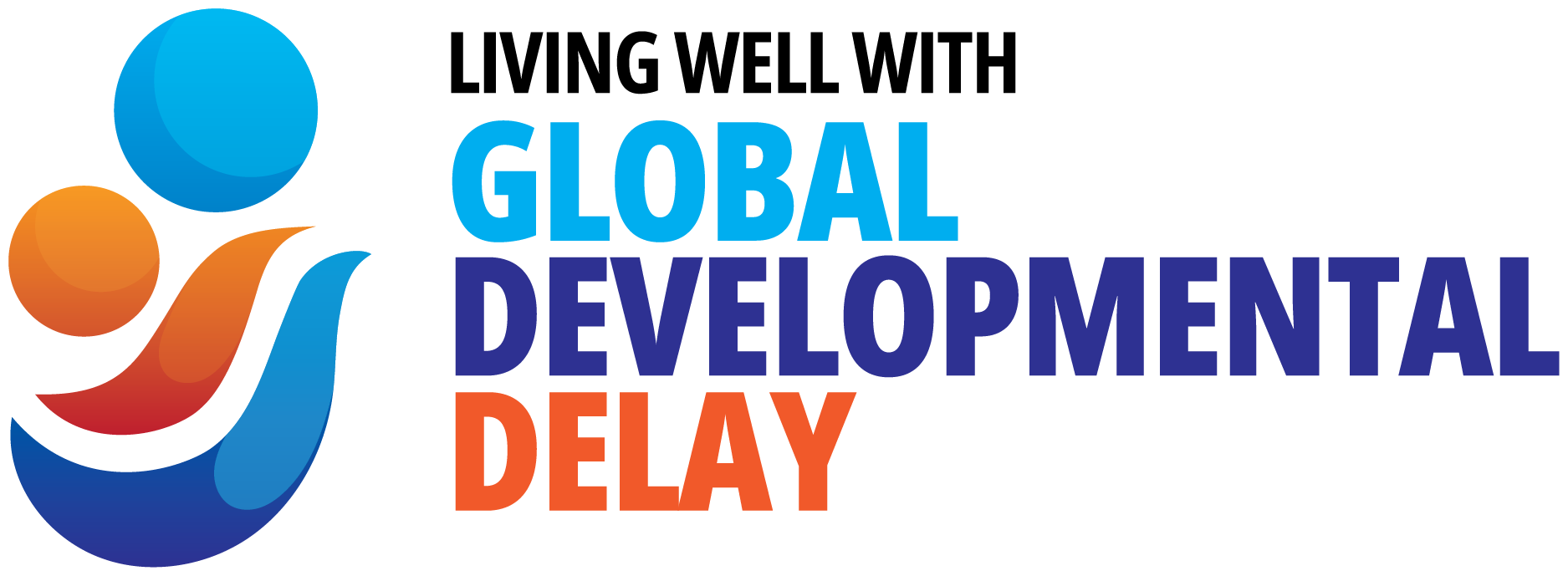- It is important to all children to feel they belong
- A sense of belonging helps children feel secure in building relationships with the people around them
- A sense of belonging supports children to learn
Tip Sheet 2: Belonging
Key Message

Every child and every family is different. Your feelings as you take the journey from noticing your child may have a delay, to diagnosis, and beyond may also be different from that of other parents. There is no right or wrong way to feel.
What do we mean by belonging?
When we belong, we feel like we fit into and are an important part of a group. In a close family everyone has a strong sense of belonging. Children with developmental or global developmental delay can sometimes feel like they are different and don’t belong.
Why is belonging important to children?
It is important for children to feel part of their family and their family’s cultural group. It is also important children feel connected to the people they meet in their neighbourhood and in their community more broadly. Some of the benefits for children from the relationships they develop include:
- Feeling safe, secure, and supported
- Learning how to interact with other people
- Having opportunities and confidence to test knowledge or skills
- Seeking help when they need it
Belonging is so important for children that it is central to Australia’s educational approach to supporting young children’s development. The Australian Early Years Learning Framework (2009) describes the importance of belonging in the following terms.
“Experiencing belonging – knowing where and with whom you belong – is integral to human existence. Children belong first to a family, a cultural group, a neighbourhood and a wider community. Belonging acknowledges children’s interdependence with others and the basis of relationships in defining identities. In early childhood, and throughout life, relationships are crucial to a sense of belonging.”
If you feel distressed thinking and reading about this topic,
talk to your GP or health professional. You can also call Lifeline on 131 114.
What do children learn through belonging?
How children benefit from the relationships they have with adults and children in their neighbourhood changes over time as the child develops. A sense of belonging helps children to:
- Develop a sense of identity, of who they are as a person
- Feel connected with, and be able to contribute to their world
- Build their wellbeing
- Be confident and involved learners
- Become an effective communicator
What are some strategies to support belonging?
Some strategies to help your child feel like they belong include:
- Making sure things are explained in ways your child understands
- People are using your child’s name and engaging with them
- Doing activities your child is interested in
- Having routines so your child can feel confident knowing what is likely to happen
- Understanding that needs and emotions change over time
How do I start?
Families have an essential role in supporting their children to feel like they belong. Feeling that you belong starts with family. Babies and infants develop a sense of being valued and connected. As children get older and meet people outside the family you can model how you want your child to be treated.
Connecting with your extended family and friends is a good place to start. Being part of a family is important to everyone. Being with people that you like is a great way for your child to experience positive relationships. All the different ways families meet, celebrate, or share successes can be important opportunities for children to be with people who are interested in them. Taking part in family life is the first step to belonging in the wider community.

Reference
DEEWR (2009). Being, Belonging and Becoming: The Early Years Learning Framework for Australia. Barwon, ACT: Commonwealth of Australia
Resources
Raising the Children website: https://raisingchildren.net.au/
DEEWR (2009). Being, Belonging and Becoming: The Early Years Learning Framework for Australia. Barwon, ACT: Commonwealth of Australia
Raising the Children website: https://raisingchildren.net.au/
